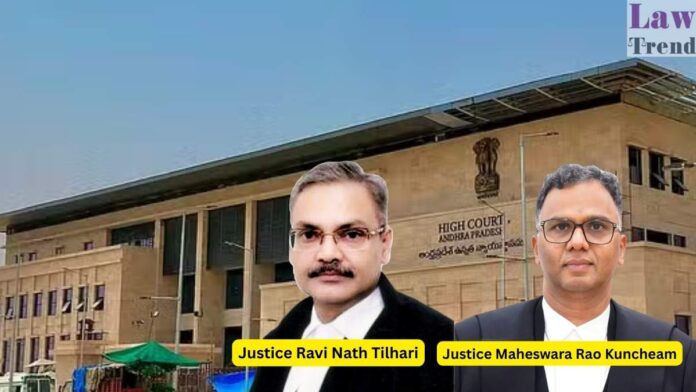The Andhra Pradesh High Court, in a significant ruling on contract law, has held that the conduct of parties, such as accepting payments and executing partial sale deeds after a stipulated deadline, effectively waives the “time is of the essence” clause in an agreement for the sale of immovable property. A division bench comprising Justice
To Read More Please Subscribe to VIP Membership for Unlimited Access to All the Articles, Download Available Copies of Judgments/Order, Acess to Central/State Bare Acts, Advertisement Free Content, Access to More than 4000 Legal Drafts( Readymade Editable Formats of Suits, Petitions, Writs, Legal Notices, Divorce Petitions, 138 Notices, Bail Applications etc.) in Hindi and English.




